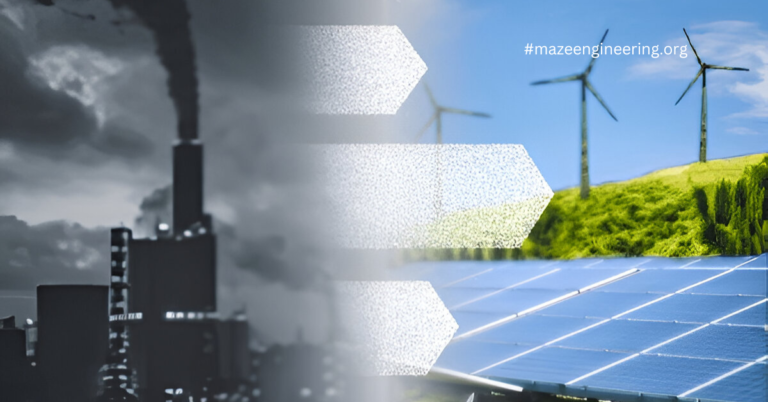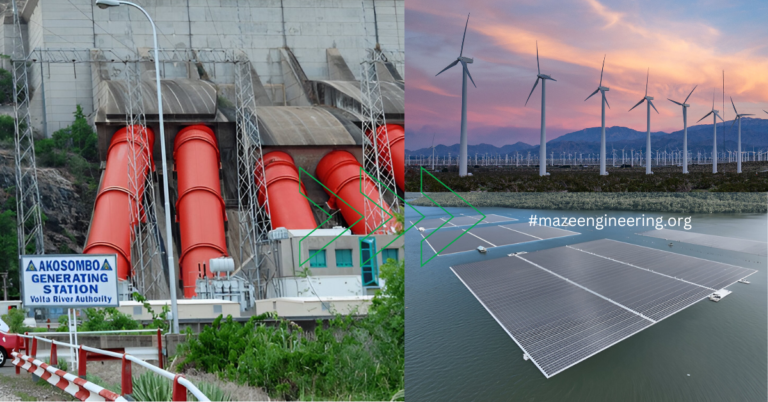Introduction
While the world is grappling with climate change, air pollution, and energy insecurity, an uncomfortable reality persists: governments globally are spending billions to subsidize fossil fuels. According to the International Monetary Fund (IMF), fossil fuel subsidies reached a staggering $7 trillion in 2022, nearly 7% of global GDP. These subsidies not only undermine clean energy progress but also perpetuate environmental and economic imbalances. It’s time to ask: Why are we funding the very crisis we seek to solve?
Fossil Fuel Subsidies: What’s the Real Cost?
- The Scale of the Problem
Fossil fuel subsidies come in various forms—tax breaks, price controls, and production incentives—that artificially lower the cost of coal, oil, and natural gas.
- In 2023, the IEA (International Energy Agency) reported that subsidies surged due to rising energy prices caused by geopolitical tensions, including the Russia-Ukraine war.
- Countries like China, India, and the US remain among the top subsidizers of fossil fuels, exacerbating emissions and delaying clean energy adoption.
- Environmental Damage
Subsidizing fossil fuels is directly fueling the climate crisis. By keeping dirty energy cheap, these policies:
- Increase greenhouse gas emissions.
- Deter investments in renewable energy.
- Exacerbate air pollution, which leads to over 8 million deaths annually, according to the World Health Organization (WHO).
- Economic Inefficiencies
While fossil fuel subsidies are often justified as a means to protect consumers from high energy prices, they distort the market and encourage wasteful consumption.
- Case Study: In Indonesia, fuel subsidies cost the government $21 billion in 2022, consuming funds that could have been allocated to healthcare, education, or clean energy initiatives.
- Social Inequalities
Ironically, fossil fuel subsidies benefit the wealthiest more than the poor. The richest 20% of households consume six times more subsidized fuel than the poorest 20%, deepening social inequality.
Why Reforming Fossil Fuel Subsidies is Essential
- Redirecting Subsidies to Clean Energy
Reforming fossil fuel subsidies and redirecting funds into renewable energy could:
- Accelerate the transition to solar, wind, and other clean technologies.
- Create millions of jobs in green industries.
- Stabilize energy prices long-term while reducing reliance on volatile fossil fuel markets.
- Financial Resources for Public Good
Removing subsidies could free up funds for critical areas such as:
- Clean Energy Infrastructure: Building grids that support renewables.
- Healthcare: Mitigating the impacts of pollution-related diseases.
- Social Programs: Supporting vulnerable populations through targeted policies.
- A Global Call for Bold Policy Shifts
Global leaders must take collective action to phase out fossil fuel subsidies. Encouraging examples are emerging:
- The European Union has committed to reducing harmful subsidies as part of its Green Deal.
- Costa Rica, a leader in sustainability, has eliminated many fossil fuel incentives while investing heavily in renewables.
However, a bolder, global consensus is needed to align policy with climate goals.
Recent News: The Growing Discourse
Recent events have amplified calls for fossil fuel subsidy reform:
- In 2023, UN Secretary-General António Guterres called fossil fuel subsidies a “shocking misuse of public funds,” demanding nations redirect spending to combat the climate crisis.
- During COP28, nations debated fossil fuel phaseouts, highlighting the need to end subsidies to meet net-zero targets by 2050.
These discussions underscore that maintaining subsidies is a policy mistake we can no longer afford.
Conclusion
Subsidizing fossil fuels is a counterproductive policy that undermines environmental goals, distorts economies, and deepens inequalities. Reforming these subsidies is not only possible but essential to achieving a sustainable, clean energy future. Redirecting funds to renewable energy, public health, and climate resilience will benefit economies, societies, and the planet as a whole.


